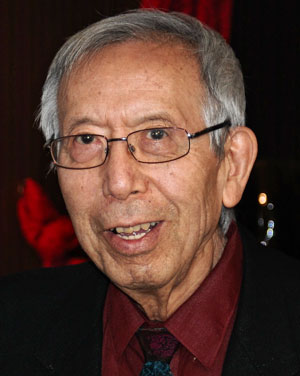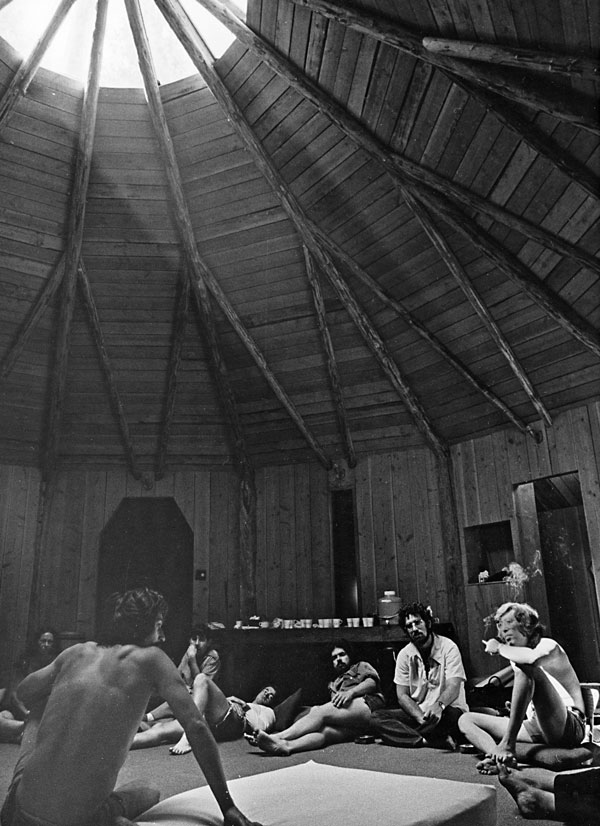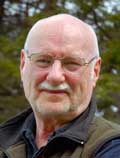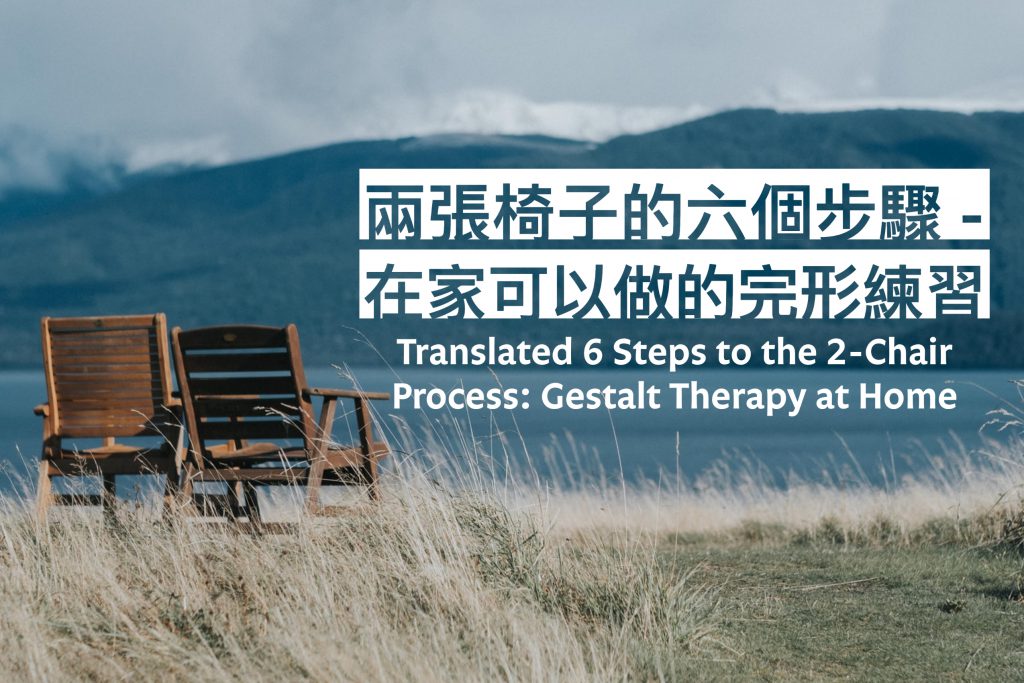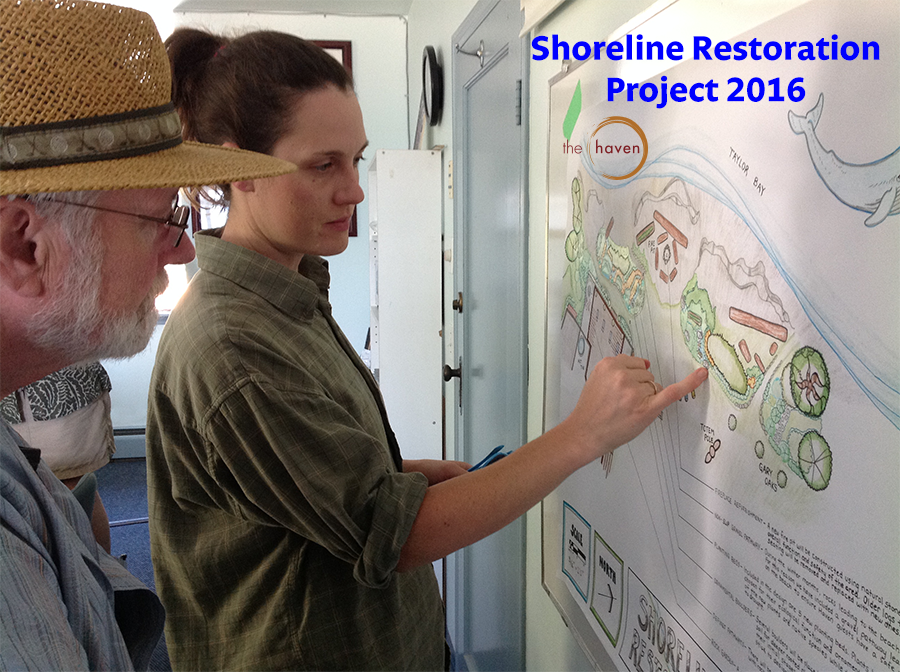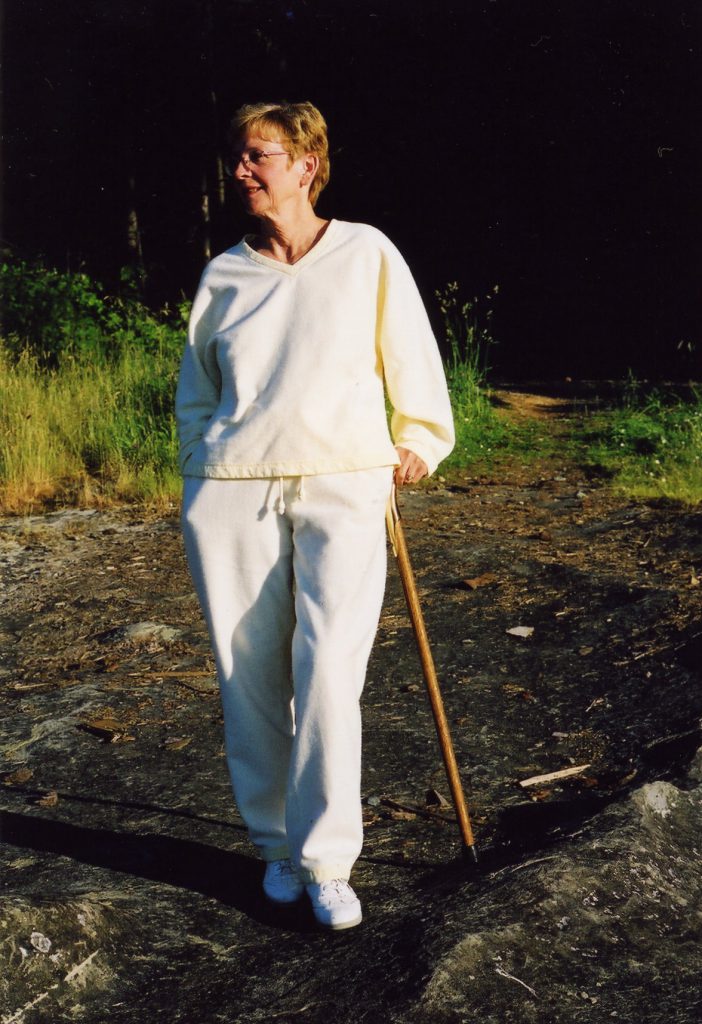The Landscape of Our Lives
By Bennet Wong, co-founder of The Haven and co-creator of Come Alive and other programs here.
This entry is from In and Out of Our Own Way by The Haven’s founders, Bennet Wong and Jock McKeen. The stories in the book are also available, read by Ben and Jock, on an audio CD. Both the book and the CD are available from the Haven store.
I have found that people tend to be goal-directed. They frequently wish to fix some problems in their lives, to let go of unfortunate situations, to forget unhappy relationships, to finally deal with their feelings about the past, to be able to face the future changed and unimpeded. After devoting much time and money with counsellors and other people helpers, they are often astonished to discover their demons to still be with them. For myself, I now have arrived at the belief that nothing will ever be done with, that we will never be rid of the past, and that ultimately, the essentials about ourselves will never change!
I have shifted from a belief that human experience is a linear affair from past to present to future, to a belief that each of our lives is an immutable landscape of experience. We all have our mountains of exhilaration, surrounded by our cliffs of danger and hardships. Each of us has places of contentment and placidity, like soothing lakes and gentle forests; similarly, each has deep, exciting and sometimes threatening waters as well as scary, unknown jungles. There are in everyone various parched deserts and lush, productive wetlands. Each of our landscapes is endless in the variety of appearances and experiences.
Although the choices are numerous, most people tend to limit themselves to living in only a few parts of the total possibilities. Some people are mountain people while others tend to live in their valleys. However, no matter which part of their landscape that they may find themselves, if they would look carefully in all directions, they would see that the entire landscape is always there, but in the background. What they are experiencing has only moved into the foreground. Nothing has been exterminated or altered. All that has changed has been the location of the present experience.
So, when experiencing happiness, a person should be aware that somewhere in the background still lurks an area of sadness. While experiencing joy in the foreground, despair has only been relegated to the background at that time. Some people become fixated to one location; even when they are in safe and happy circumstances, they are unable to shift the dangerous, harmful childhood experiences from their foreground into the background. Thus, such a person is anxious and depressed even when the current context would provide ideal circumstances for security and pleasure. By remaining stuck in one area of the landscape, this person has diminished the scope of experience; the landscape has become a small window of the whole larger picture. Such a narrowing and fixation is what accounts for neurosis.
If this metaphor of life is understood, it would seem that to ensure good mental health, people should be encouraged to visit all parts of their landscape to remain aware of the wide range of possibilities of experience. If they are able to remain flexible to shift readily, not having to remain rigidly in one place (as occurs in a fixed moral position), they will be able to stay attuned to present circumstances. That would be a sign of good mental health.
Such a metaphor begs the consideration of another set of dynamics. What if the person were unable to sustain a portion of the landscape for a reasonable length of time? Such would be the case in people who experience sudden shifts and wide ranges of movement. Foreground and background are unable to remain stable. The person would experience severe dislocation, unable to have a stable sense of identification. They would be described by outside observers as being all over the map. The sustainability of foreground is another sign of good mental health.
Now that I have this picture of mental health, I no longer waste energy trying to fix anything. I now more focus on helping myself and other people to more easily move through our personal landscapes.

